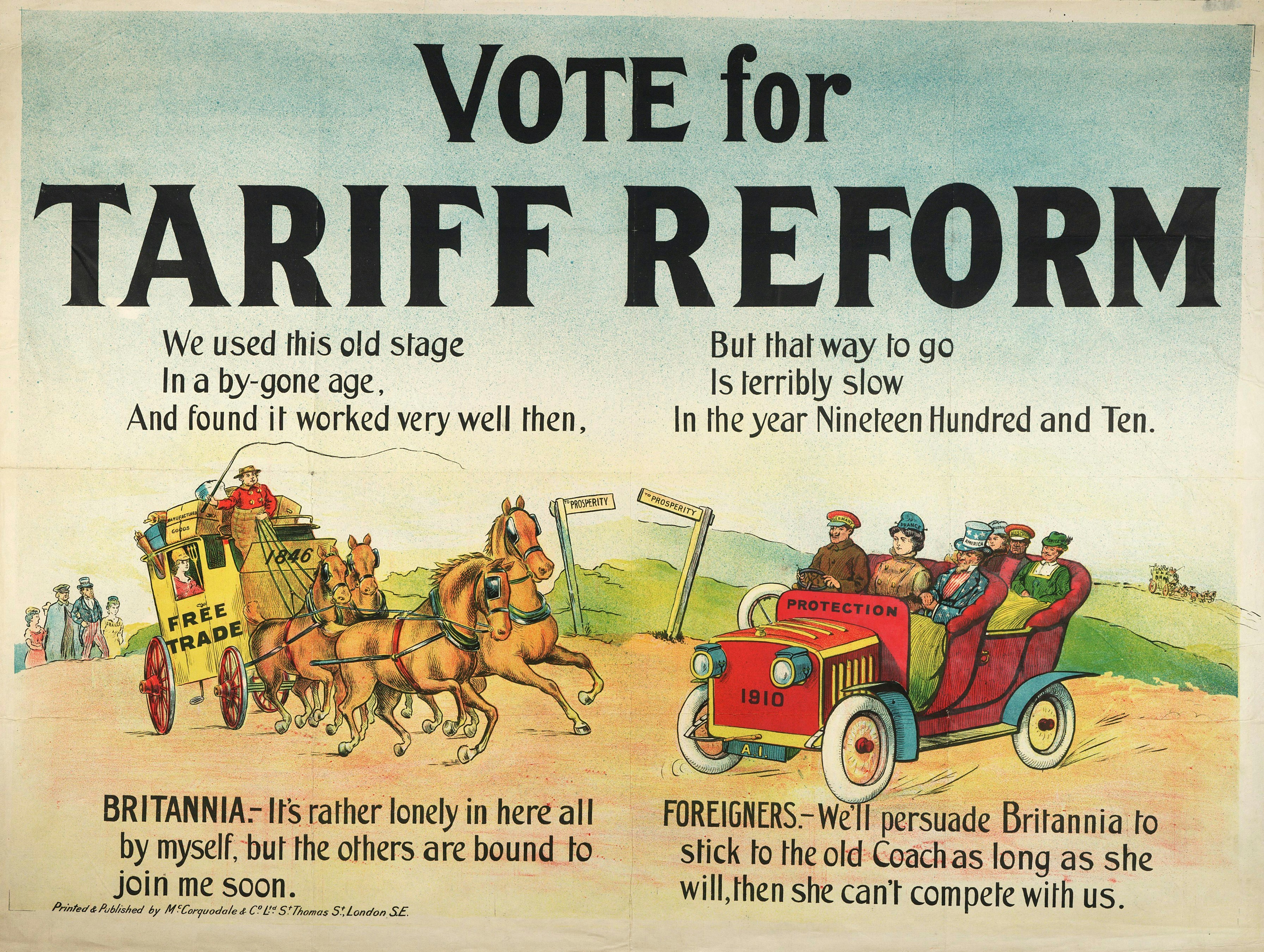
Understanding the Context
Malaysia has long relied on petrol subsidies to maintain low fuel prices for its citizens. However, with growing economic pressures and potential tariff threats from the United States, the question arises: can Malaysia afford to cut these subsidies? The implications of such a move could be profound, affecting both the economy and the job market.
The Economic Impact of Subsidy Cuts
Cutting petrol subsidies could lead to an immediate surge in fuel prices, impacting transportation costs for both consumers and businesses. This scenario comes at a time when Malaysia needs stability, especially with global trade tensions on the rise. Jobs in sectors reliant on affordable fuel—such as transportation and logistics—could be jeopardized. Therefore, the government faces the complex challenge of balancing fiscal responsibility with the protection of employment.
Exploring Alternatives
Instead of a blanket cut to petrol subsidies, Malaysia could explore alternative strategies. For instance, implementing a gradual reduction or introducing targeted subsidies for low-income groups could mitigate the adverse effects on the most vulnerable citizens. Additionally, investing in public transportation and renewable energy sources may provide a more sustainable pathway forward, reducing dependence on petrol in the long run.
Ultimately, the decision to cut petrol subsidies hinges on various factors, including economic stability, public sentiment, and international pressures. As Malaysia navigates these complex waters, the focus should remain on sustainable solutions that protect jobs while ensuring economic resilience.
Discover more from Techtales
Subscribe to get the latest posts sent to your email.